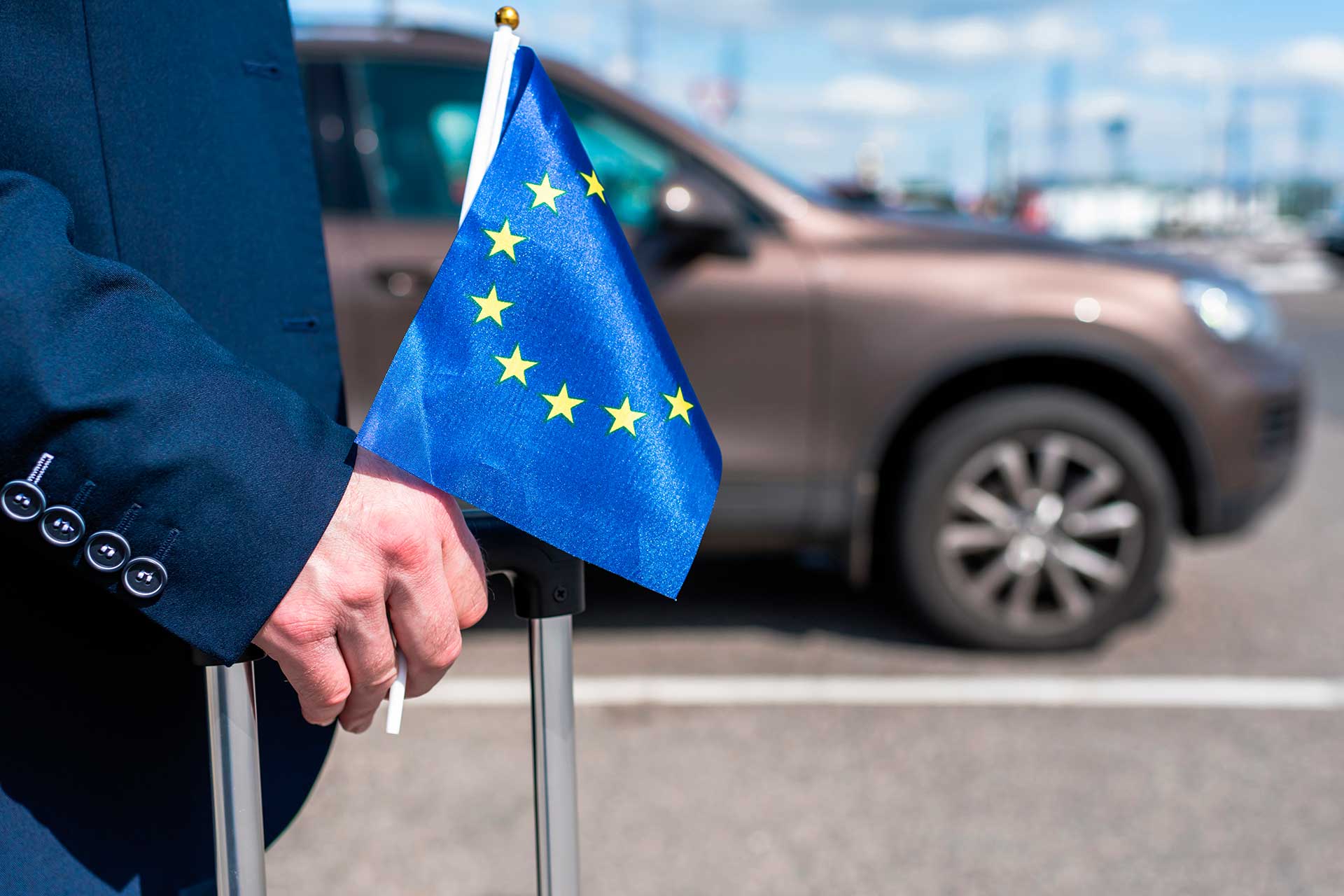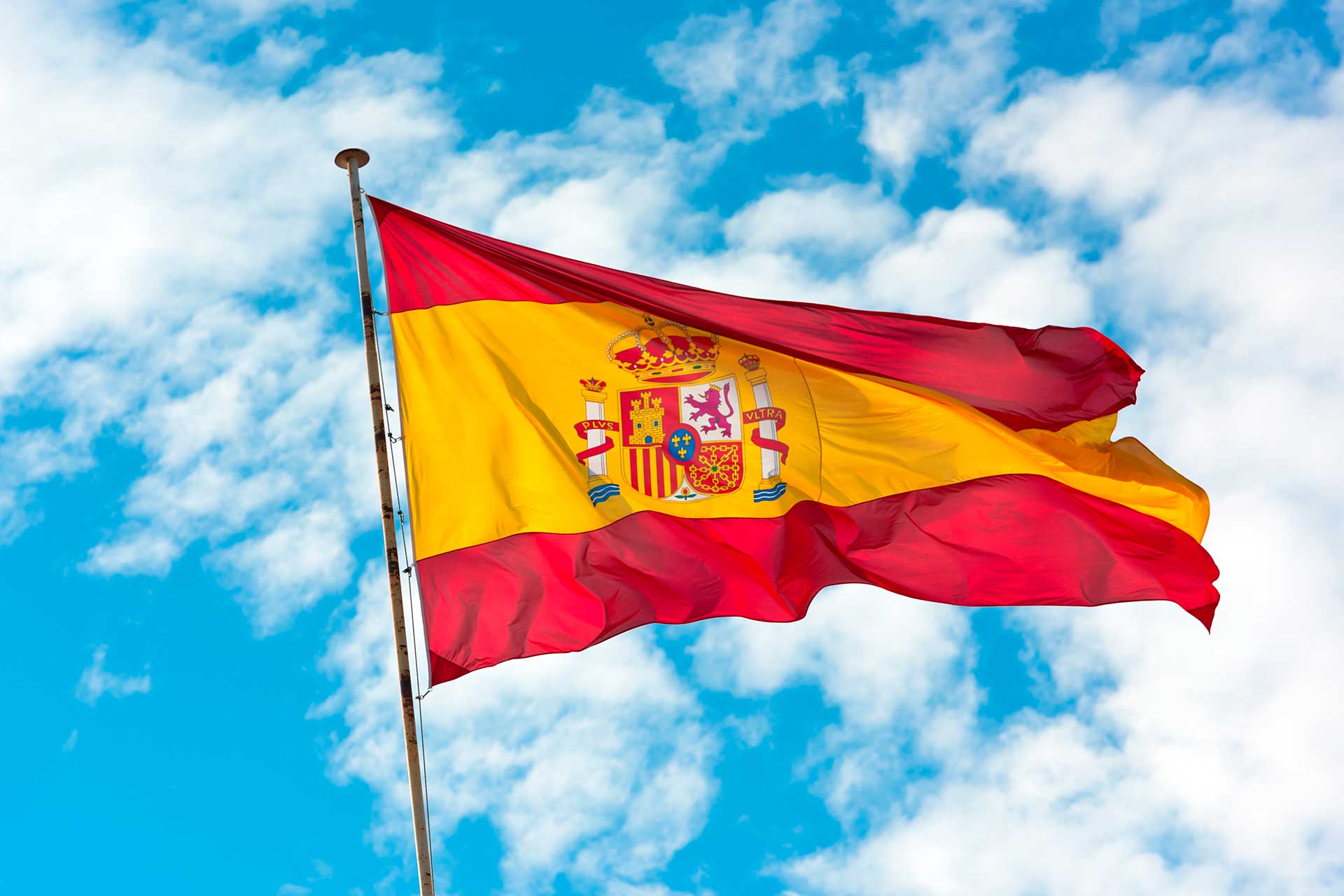February 03, 2025
Opening a company in Europe gives entrepreneurs from all over the world promising opportunities to conduct commercial activities in a favorable business environment and realize their potential. Immigrants who open their businesses in the European Union, get the opportunity to obtain a residence permit in the chosen state. An important argument in favor of doing business in the EU is the pan-European policy of support for the development of small and medium-sized businesses, within the framework of which numerous programs for aspiring entrepreneurs and young professionals are implemented.
Business in Europe has good prospects for growth and expansion on the territory of the association. Citizens and residents of EU countries, foreign investors, as well as entrepreneurs realizing successful business ideas can open a company in the EU. Further in the article we will talk about the process of company registration, peculiarities and difficulties of working in the European Union.
You can learn about alternative ways of moving to the territory of the association to start a business and reside permanently during a free consultation with the company’s specialists. Fill out the form on the website to be contacted by migration lawyers to provide you with all the information you need.
Advantages of doing business in Europe
Opening your own company in the EU is a rather labor-intensive process, but many entrepreneurs from outside the association are striving to launch a European business, as this is facilitated by a number of positive factors:
- stable and predictable economic environment, which is favorable for long-term and large-scale investments;
- developed communication, energy and transportation infrastructure, which determines business efficiency;
- high standard of living of the population, which ensures the necessary solvency of consumers;
- the possibility for any company in the EU to find its potential customers on the pan-European market;
- high reputation of companies registered in the EU, which contributes to the formation of a positive image of a new enterprise;
- open opportunities for obtaining a residence permit or citizenship of the state on loyal terms.
Business registration in Europe
The list of requirements for entrepreneurs and the procedure for registering a company largely depends on the country where you plan to open a business. As a rule, the one who creates his own company in Europe, it is necessary to fulfill the following step-by-step actions:
- Gathering information and choosing a country.
It is necessary to familiarize yourself with the conditions and rules of doing business in different EU countries, which will help you decide where it will be easier and more profitable to start a business. In addition, you should learn about the requirements for immigrant entrepreneurs in order to exclude unavailable or difficult to implement options. - Selecting the legal form of organization and company name.
The most popular organizational form of private enterprises in Europe is a limited liability company. This format of activity is characterized by registration of a legal entity and limitation of liability by the authorized capital from 1 EUR. When choosing a company name, it is better to avoid the names of cities, countries and the words “international” or “international”, the use of which often requires authorization. - Collecting a package of documents and obtaining a long-term visa (usually type D).
A business visa is required to legally enter and stay in the EU for the purpose of doing business. In most cases, this permit is valid for one year – to obtain it, you need to provide documents confirming the economic viability of the project or its successful operation in the case of opening a branch office. When establishing a company with innovative activities, it is possible to obtain a start-up visa (an additional requirement is to submit a business plan). - Obtaining a VAT identification number.
Upon arrival in the selected state, it is necessary to obtain a VAT payer identification number. This requirement is mandatory for most businesses conducting economic activities in the EU. - Finding premises for the office and registering the address.
One of the conditions for registering a company in the EU is to have a legal address of the enterprise in the country. The office can be located in a premises that is rented, provided for use under the owner’s power of attorney or is in your ownership. - Opening a local bank account.
An account in a European bank is required to deposit the authorized capital of the company and to carry out financial transactions related to the business. In the EU, payments are made in a cashless manner and bank statements are required for tax reporting and declaration. - Company registration.
Companies in Europe are registered with the Trade Register and the personal presence of the owner is not required. There are certain requirements for companies – the presence of at least one shareholder, a director and a registered legal address in the country.
Depending on the type of activity, European companies must have additional permits or licenses – without such documentation registration of companies is impossible.
Required documents for foreigners
The package of documents for registration of a private limited liability company (legal entity) includes the following:
- passport of the founder/s;
- proof of residence address of the founder/s, issued not more than 3 months ago;
- a document on the right to use the registered office address (property ownership certificate, power of attorney from the owner or a copy of the lease agreement);
- extract from the Commercial Register not older than 3 months;
- a copy of the memorandum of association.
Another format of doing business in the EU is a branch of a company (non-legal entity) operating abroad. The package of documents for registration of such a company includes:
- passport and proof of residence address not older than 3 months (for all authorized representatives of the branch);
- minutes of the general meeting of shareholders of the main company on the decision to register the branch abroad;
- extract from the Commercial Register of the main company, issued not more than one month ago;
- articles of association and memorandum of association of the main company;
- a certificate of authority of the foreign company with the details of the directors and representatives;
- proof of legal use of the office at the registered address (certificate of ownership, power of attorney or copy of the lease agreement).
Terms and expenses of business registration
When moving to the EU to start a business, you should take into account the costs of processing the necessary documents as well as the timeframe for their issuance:
| Category of expenses | Terms, days | Cost, € |
|---|---|---|
| VAT identification number | 10–15 | 195 |
| LLC registration | 7–10 | 1495 |
| Registration of foreign branch | 5–7 | 495 |
| Original extract from the Commercial Register | In the process of registration | 99 |
| Apostille of documents | 99 |
Buying a ready-made business in the EU
In addition to opening a new company in the territory of the European Union there is a possibility to buy a ready-made company – this solution has its own advantages:
- saving resources – the time and financial resources required to launch the enterprise are significantly reduced;
- risk reduction – the entrepreneur avoids most of the worries that arise when starting a business, hiring staff, and obtaining licenses;
- acquisition of a ready base – the existing company already has customers and their positive feedback, reliable suppliers, as well as a reputation in the market.
The stages of acquiring a ready and functioning business in the EU are:
- Search for a suitable company.
You can find a company for purchase with the help of business brokers, as well as by attending industry events or using online platforms where operating European businesses are sold. - Performing an audit.
Financial statements, tax returns, bank statements, contracts with suppliers and customers, licenses and ownership should be analyzed. Attention should be paid to the presence of debt obligations and their repayment, legal disputes, property seizures. - Performing a valuation.
When investing in an existing company, it is important to understand what resources you are getting at your disposal. This may be real estate, equipment, intellectual property and other assets. - Negotiating terms.
During negotiations with the owner of the enterprise it is important to determine the purchase price, taking into account the financial condition of the company, the market situation and development prospects. Upon reaching an agreement, a purchase and sale agreement is drawn up, the method of payment and the terms of transferring the business into your ownership are determined. - Carrying out and registration of the transaction.
The transfer of ownership is notarized and the transaction is registered with the relevant state authorities. Changes are also made to the register of legal entities and taxpayers.

Popular countries for doing business in Europe
According to the World Bank rating, European countries where you can open a company on the most favorable conditions – Denmark, Sweden, Lithuania, Estonia and Latvia. It is in these countries that foreign entrepreneurs are most comfortable and profitable to conduct commercial activities.
Denmark
Due to its developed infrastructure and convenient geographical location, the country is extremely attractive for trading activities in Northern Europe. Denmark has an important advantage – it actively encourages the development of new technologies and innovation. Government support for business is realized by reducing certain tax rates, writing off or deferring payments, and providing VAT benefits for small and medium-sized businesses.
Sweden
The business environment of the state is characterized by a high degree of innovativeness, and thanks to a strong education system, local companies do not experience a shortage of highly qualified employees. In order to support business, the state provides entrepreneurs with a variety of grants and tax incentives.
Lithuania
Lithuania is well suited for starting and running a business with the prospect of expanding to the Baltic States. In order to support entrepreneurs, the state provides tax incentives, assistance in developing exports to international markets, as well as numerous grants and subsidies. Business incubators and accelerators have been set up for founders of innovative companies to assist in launching startups and small businesses.
Estonia
The country has a reputation as one of the most digitized countries in the world – it actively supports young and talented professionals. The country’s policy is aimed at introducing modern technologies into all spheres of life, and the e-Residency program allows entrepreneurs to register companies in Estonia from anywhere in the world and manage them online.
Latvia
Latvia, along with other Baltic States, provides favorable conditions for foreign entrepreneurs to open a business in its territory. A firm doing business in the country is subject to clear and simple rules, has the opportunity to enjoy tax benefits, export development services, as well as receive a variety of grants for research, development and marketing.
Foreign citizens can start a business in Europe by obtaining a startup visa, using e-residency programs or applying for an entrepreneur visa. It is worth remembering that the most loyal conditions for entrepreneurial activity in the EU are provided to citizens of the association, so it is worth considering obtaining an EU passport to take advantage of all the rights and benefits for doing business. Contact the specialized experts to learn more about it.
Nuances of doing business in the EU
Legal aspects
Doing business in the EU is based on a number of principles, the main ones being adherence to corporate and labor law in matters of company registration, management, intellectual property protection and consumer rights.
Taxation
Most businesses operating in the EU are subject to value added tax – the rate depends on the product produced and the laws of the particular state. Companies are subject to corporate contributions. An agreement on avoidance of double taxation is in force between the countries of the association.
Benefits for European companies
The European Union offers to local entrepreneurs various types of state support, such as tax incentives, subsidies, access to funding programs and grants. Some states have free economic zones with loyal customs regimes. Also, the European Union funds a large number of programs aimed at supporting and developing innovative technologies.
Business Schools
Business schools in Europe are considered to be among the best in the world, offering a wide range of diverse educational programs and specialized courses for entrepreneurs in various fields. The most popular countries for advanced training are Germany, the UK, Spain and France.
Technological clusters, incubators and accelerators
Young companies and startup projects are supported by a network of technological clusters, incubators and accelerators. The support includes qualified advice, office space, mentoring and funding.
Promising areas for business in Europe
Due to the stable economy, developed infrastructure and high standard of living in the EU countries, there are a large number of opportunities for entrepreneurs there. Some of the most promising types of business in Europe at the moment include the following:
- Information technologies – IT sphere, development and implementation of artificial intelligence solutions in various industries, creation of applications, platforms and smart devices is a very promising and highly profitable area of activity in Europe. It is one of the best business areas in Europe, as its development is often ensured by investments from large companies and corporations, as well as supported through incentives and grants. Foreign founders of innovative businesses can apply for startup visas.
- Environmental projects – the development and production of renewable energy sources, such as wind turbines and solar panels, has recently gained popularity. Innovations in the development of clean energy resources, production of electric transportation, recycling and waste utilization are being actively implemented. Increased demand from consumers, support from the government, including financial support, as well as stricter environmental standards stimulate the development of this area.
- Financial instruments are a popular area for entrepreneurs launching startup projects in Europe in 2025. The main specialization in this area is the development of mobile payment systems and applications, creation of new financial technologies and services. Strict government regulation and high digital literacy of the population ensure stability in this area, which promotes active investment from European venture funds.
- Education – a common and popular business in Europe is the realization of innovative educational technologies. This is online learning, as well as the development of courses and platforms for distance use. The world is changing rapidly, so the European population has a high need for continuous acquisition of new knowledge – this contributes to the demand for quality and diversified education.
Difficulties and challenges for entrepreneurs in the EU
A firm in Europe gives an entrepreneur access to a single market with common rules of doing business in the territory of the association. The main difficulties for company owners arise in overcoming bureaucratic barriers due to the specific rules of doing business, as well as the complexity of registration and licensing procedures.
Companies engaged in retail trade, production and services face high competition from local brands in local markets. High consumer demands, business responsibility in the sphere of social and environmental standards can also cause difficulties in the process of adaptation of entrepreneurs to European conditions.
How to obtain residence permit and citizenship through business
In European countries it is possible to obtain a residence permit and citizenship through business, but this procedure will take at least several years. In this case, large financial investments will be required, and the created business will have to function, bring profit and cover rather high taxes in Europe. In addition, obtaining a residence permit and passport in the EU through business implies residence in the territory of the association, knowledge of the state language and successful integration into society.
Obtaining citizenship in one of the European Union countries is possible on more favorable terms – if you participate in a simplified immigration program, the process takes up to 14 months. Having an EU passport, you will be able to register and develop your business on an equal footing with the local population. You can learn more about this at a free consultation – fill out the form right now.

 English
English  العربية
العربية  Русский
Русский 


